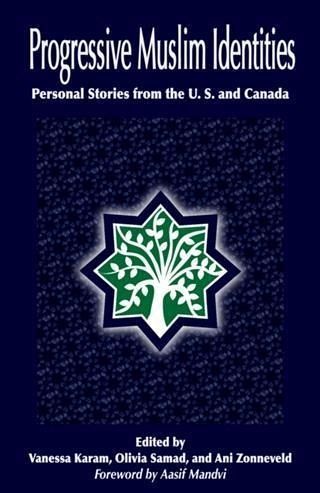
Progressive Muslim Identities (eBook, ePUB)
Personal Stories from the U.S. and Canada

PAYBACK Punkte
10 °P sammeln!
Introduction In the fall of 2010, I got a call from a Muslim friend in New York whose eleven-year-old son was assaulted by a schoolmate while riding the bus. The attacker was influenced by the prejudice around him and had watched comedian Jeff Dunham's and his puppet "Achmed the Dead Terrorist." My friend filed an official complaint with the school district at the urging of her Jewish friend, a lawyer. He told her that at a neighboring school district, kids had painted "Muslim go home" on a student's car. He also pointed out that it was only a few decades ago when Jews were "the Other." My own...
Introduction In the fall of 2010, I got a call from a Muslim friend in New York whose eleven-year-old son was assaulted by a schoolmate while riding the bus. The attacker was influenced by the prejudice around him and had watched comedian Jeff Dunham's and his puppet "Achmed the Dead Terrorist." My friend filed an official complaint with the school district at the urging of her Jewish friend, a lawyer. He told her that at a neighboring school district, kids had painted "Muslim go home" on a student's car. He also pointed out that it was only a few decades ago when Jews were "the Other." My own thirteen-year old daughter was taunted and called "terrorist" by her schoolmates in Los Angeles. These incidents made me realize that I had to act- this anthology is the result. After 9/11, I not only came out of the closet as a Muslim, but fell into activism. As a songwriter and producer, I had kept my Muslim identity private for a long time. A lot of it had to do with my own insecurities as someone trying hard to fit into the entertainment industry. Keeping different aspects of my identities compartmentalized didn't feel honest. When one identity was lived out, the other parts of me felt suffocated. Blending all my identities together freely was transformational. Incorporating Islam into my music was my "coming home" moment. I produced an Islamic pop album. Instead of appreciation for creating a new genre, Muslim retailers and organizations told me repeatedly that what I did was religiously forbidden. According to them, music is only permissible if a percussion accompanies the voice, and only a man's voice at that! I was born and raised Muslim, and had never heard this interpretation of Islam. Fortunately, Ahmed Nassef, who was leading a new progressive movement, appreciated my modern pop approach. He introduced me to activism, and Patricia Dunn and Jawad Ali, the website editors of Muslim Wakeup!, introduced me to progressive Muslim writings. Muslims for Progressive Values (MPV) is a non-profit organization I co-founded with Pamela Taylor in 2007 with chapters in Los Angeles, New York, Washington D.C., Atlanta, and Ottawa, Canada. In our prayer spaces, families may pray together (like we do in Mecca), women may lead coed congregations, and mixed faith couples and LGBTQ Muslims are welcomed. For more information about MPV, please turn to our fact page. Like Muslims in general, our progressive Muslim community is diverse, as is reflected in this collection of writings. We are African American, Caucasian, South and South-East Asian, Arab, Latino, straight, gay and transgender. Despite our wide diversity, what draws us all together is the common belief that Islam is inherently progressive, inclusive and egalitarian, an understanding that informs the principles of MPV. In this anthology, we don't claim to speak on behalf of all Muslims, but as a community, we want share our values and perspectives in the public square. This is not a book of Islamic theology or history; a reader looking for that has other sources. This book is a snapshot that captures the brave faces of individual progressive Muslims at this point in time. Their personal and honest narratives give readers a look into the lives of progressive Muslims in the United States and Canada. For the most part, the contributors are not professional writers or "famous Muslims." They are the voices you never get to hear, quite simply, the Muslims next door. Patricia Dunn finds truths in Islam that confirm her strong feminist ideals. Sahira Traband and Ameerah Saleem describe how their quest for authenticity brought them in contact with other religions and led them to a fuller understanding of Islam. We see in the writings of Dizery Salim and Nakia Jackson, two women who shed their conservative upbringing and struggle with being "Muslim enough.
Dieser Download kann aus rechtlichen Gründen nur mit Rechnungsadresse in A, B, BG, CY, CZ, D, DK, EW, E, FIN, F, GR, HR, H, IRL, I, LT, L, LR, M, NL, PL, P, R, S, SLO, SK ausgeliefert werden.




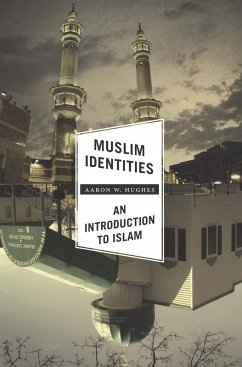
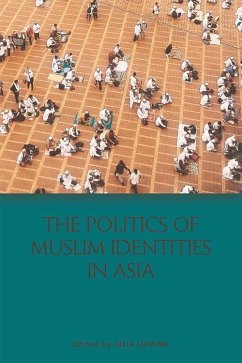
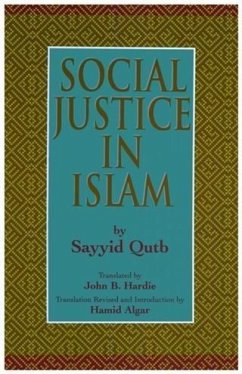
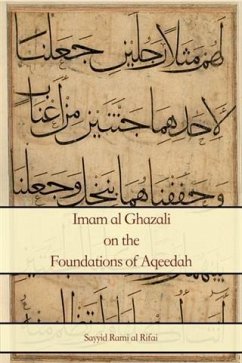

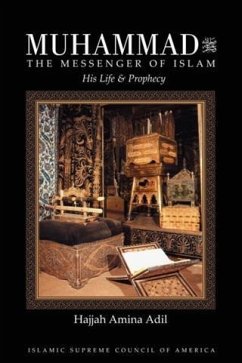
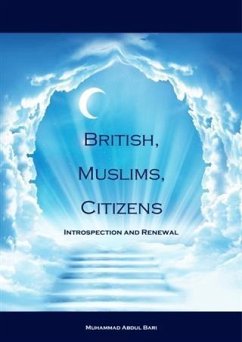
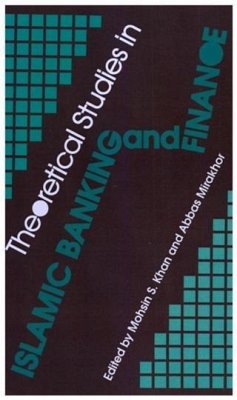

![Principles of Islamic Jurisprudence [translated] (eBook, ePUB) Cover Principles of Islamic Jurisprudence [translated] (eBook, ePUB)](https://bilder.buecher.de/produkte/43/43267/43267925n.jpg)